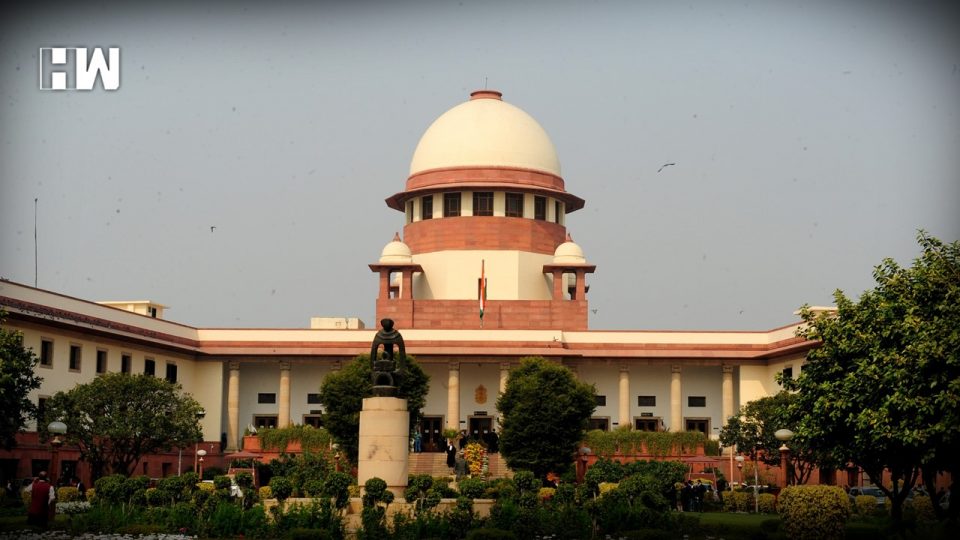On 3 February, the Supreme Court had issued a notice to the Centre, seeking a response to a plea seeking direction to restrain the government from censoring the BBC documentary.
The Supreme Court on Friday dismissed a public interest litigation (PIL) seeking a complete ban on the British Broadcasting Corporation (BBC) and BBC India from operating in Indian territory, reported The Print.
The PIL was filed amid the controversy surrounding a two-part BBC documentary titled, “India: The Modi Question”, which is related to the 2002 Gujarat riots.
An apex court bench of Justices Sanjiv Khanna and M.M. Sundresh dismissed the petition filed by right-wing Hindu Sena’s president Vishnu Gupta as “absolutely misconceived”.
During the hearing, the petitioner’s advocate Pinky Anand said: “Kindly see the background when the documentary happened. Today, you have a position… when you have an Indian as the Prime Minister of UK. India is rising as an economic power.”
Justice Khanna replied: “How can this be argued? You want us to put complete censorship? What is this?”
Anand then requested the bench to post the matter, along with other petitions which have challenged the Centre’s order blocking public access to the documentary, Live Law reported.
The bench did not agree and dismissed the petition, saying it was misconceived and had no merit.
On 3 February, the Supreme Court had issued a notice to the Centre, seeking a response to a plea seeking direction to restrain the government from censoring the BBC documentary.
Also Read:“Finances Of Rajasthan Are Now Bhagwan Bharose”: Shehzad Poonawalla On Ashok Gehlot’s Blunder
The bench of Justices Khanna and Sundresh asked the Centre to file its response within three weeks, and posted the matter for hearing in April. The bench directed the central government to produce all records on the next date.
The Centre on January 21 had issued directions to block multiple YouTube videos and Twitter posts that shared links to the controversial BBC documentary.
Vishnu Gupta’s PIL, which wanted the BBC to be banned in India, had also sought direction to the National Investigating Agency to probe the BBC’s “anti-India and anti-Indian-government reporting/documentary/films/short films including its employee journalists in India”.
As an independent media platform, we do not take advertisements from governments and corporate houses. It is you, our readers, who have supported us on our journey to do honest and unbiased journalism. Please contribute, so that we can continue to do the same in future.

